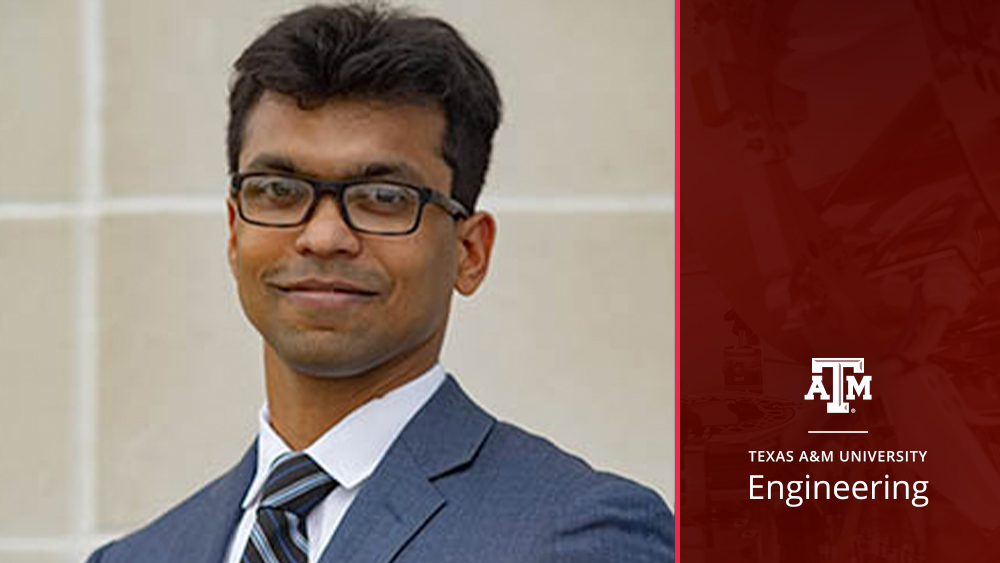
Chemical Engineering professor Dr. Manish Shetty will serve on the Early Career Board of American Chemical Society’s ACS Sustainable Chemistry & Engineering journal, aiming to invigorate and bring a fresh perspective to the academic publication in the sustainability field.
The Early Career Board is an editorial board composed of early career investigators for young professors who are in the early stages of their academic careers. Its primary goal is to identify barriers for young professors and provide feedback to shape the future vision of the ACS Sustainable Chemistry & Engineering journal.
Members will guide the journal’s diversity plan development and expand its editorial content. Board members represent researchers at all stages of their careers and play a key role with input and advice to the journal, according to the ACS website.
“The Early Career Board augments the Editorial Advisory Board and provides researchers a mechanism for board membership that avoids competing with senior colleagues for membership opportunities,” according to the website.
The board will focus on giving young career investigators a platform and a unique opportunity to have their work highlighted and visible in the community.
“How we make sure that those voices in our review and publishing process are heard is trying to look more like the populations we serve. This leads to a snowball effect in terms of their future success,” Shetty said. “This is where defining the vision comes in, where you contribute to the journal. It’s also the future of the community of science.”
Additionally, due to the lack of certain diversity in chemical engineering, there is a focus on representation among young professors.
“These factors will become more important for testing prime research programs,” Shetty said. “This role is getting to define the vision of the journal and also hopefully having more opportunities for others to contribute in a more permanent way in the future.”
Shetty will bring his expertise, but also his research focused on balancing clean energy and sustainability, including breaking down plastics and making fuels and chemicals.
“My research directly aligns with the scope of the journal because it has to do with breaking up plastics and trying to add new properties to them so that they can become more valuable,” he said. “One of the other avenues is plastics being analyzed and broken down to allow industrial scalability.”
There will also be an increased focus on transporting hydrogen from one place to another in the journal as well. Shetty was inducted into the board on July 1 and will serve for two years.
“This journal will give professors the opportunity and space to contribute to the engineering community and have their voices heard,” Shetty said.